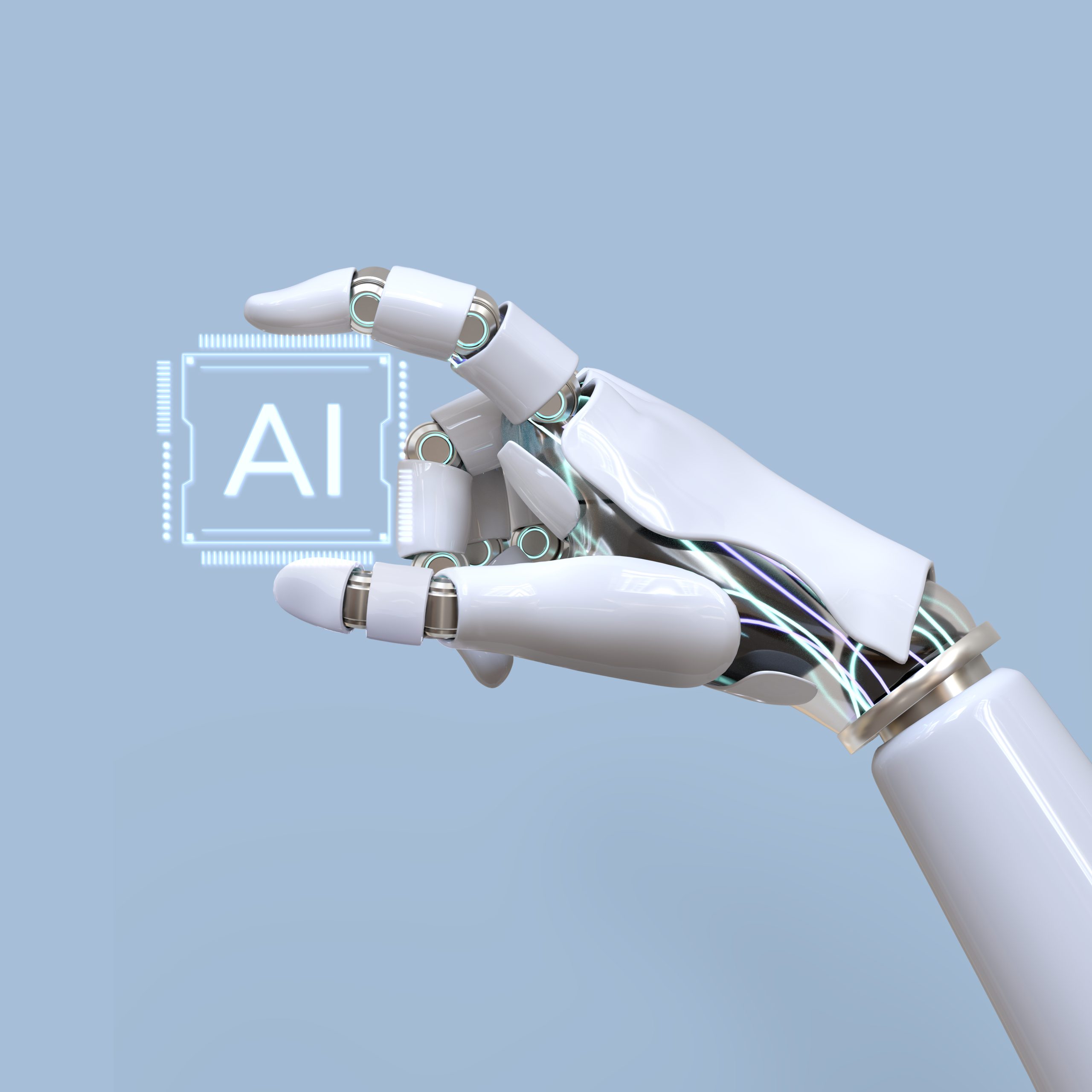Importance of AI in Modern Era
In the rapidly evolving landscape of modern industries, the role of AI has become indispensable, fundamentally altering the way businesses operate and innovate. Its impact spans from streamlining operational processes to driving strategic decision-making, ultimately paving the way for enhanced customer experiences and market competitiveness. As organizations increasingly harness the power of AI technologies, the question arises: What are the implications of this transformative force on the future of work, society, and human-machine interactions?
AI Enhancing Productivity
Artificial Intelligence has significantly enhanced productivity in various industries by automating tasks and streamlining processes. One area where AI has made a notable impact is in manufacturing. By utilizing AI-powered robots and machines, manufacturers can increase production efficiency, reduce errors, and ensure a safer working environment for employees. AI systems can analyze vast amounts of data in real-time to optimize production schedules, predict maintenance needs, and identify quality issues before they escalate. This not only improves productivity but also enhances safety by minimizing the risk of accidents or equipment failures.
Moreover, AI has revolutionized the healthcare sector by enabling more accurate diagnoses, personalized treatment plans, and efficient patient care. Medical professionals can leverage AI algorithms to interpret medical images, analyze patient data, and even assist in surgeries. By automating routine tasks, healthcare providers can focus more on patient interaction and complex cases, ultimately improving the quality of care and patient outcomes.
AI’s role in enhancing productivity while prioritizing safety underscores its importance in modern industries.
AI Transforming Industries
The integration of AI technology has sparked a transformative wave across various industries, reshaping traditional processes and operations to drive innovation and efficiency.
In the healthcare sector, AI is revolutionizing patient care by enabling precise diagnostics and personalized treatment plans. By analyzing vast amounts of medical data, AI helps healthcare professionals make more accurate decisions, leading to improved patient outcomes and enhanced safety protocols.
Furthermore, in the manufacturing industry, AI-powered systems are optimizing production lines, predicting maintenance needs, and enhancing workplace safety measures. Robots equipped with AI capabilities are handling dangerous tasks, reducing the risk of accidents and ensuring a secure working environment for employees.
In the financial sector, AI algorithms are enhancing fraud detection mechanisms, safeguarding customer accounts, and improving regulatory compliance. By continuously monitoring transactions and identifying suspicious activities, AI is bolstering security measures and protecting financial institutions from potential threats.
AI Improving Decision-Making Processes
Utilizing advanced algorithms and data analysis capabilities, AI has significantly enhanced decision-making processes across various sectors, providing valuable insights and enabling more informed and strategic choices.
In industries such as healthcare, AI algorithms can analyze vast amounts of patient data to assist doctors in diagnosing diseases more accurately and promptly. This not only improves patient outcomes but also reduces the risk of misdiagnosis.
Moreover, in the financial sector, AI-powered tools can assess market trends in real-time, helping investors make well-informed decisions to safeguard their investments. By analyzing historical data and predicting future trends, AI minimizes risks and enhances the overall security of financial transactions.
Furthermore, in manufacturing, AI enables predictive maintenance by analyzing equipment performance data, thus preventing potential breakdowns and ensuring a safe working environment for employees.
AI Enabling Personalized Experiences
With its ability to analyze vast amounts of data and provide valuable insights, AI plays a pivotal role in enabling personalized experiences for individuals across various industries. By leveraging AI technologies, businesses can tailor their products and services to meet the specific needs and preferences of each customer, enhancing overall satisfaction and loyalty.
In the realm of e-commerce, AI algorithms analyze customer behavior and purchase history to recommend products that align with their interests, increasing the likelihood of making a successful sale. Similarly, in the entertainment industry, streaming platforms use AI to curate personalized content recommendations based on viewing habits, ensuring users have a tailored and enjoyable experience.
Moreover, AI enables personalized healthcare experiences by analyzing genetic information and medical records to offer personalized treatment plans and preventive care strategies. This level of customization not only enhances patient outcomes but also ensures a higher standard of safety and well-being in the healthcare sector.
AI Revolutionizing Healthcare
AI’s transformative impact on the healthcare sector is reshaping the way medical professionals approach diagnosis, treatment, and patient care. By harnessing the power of artificial intelligence, healthcare providers can now analyze vast amounts of data to identify patterns, predict outcomes, and personalize treatment plans for patients. This revolution in healthcare is enhancing the accuracy and efficiency of medical practices, ultimately leading to improved patient outcomes and safety.
One significant way AI is revolutionizing healthcare is through diagnostic assistance. AI-powered systems can process medical images, such as X-rays and MRIs, with remarkable precision, aiding radiologists in identifying abnormalities that may be overlooked. This technology allows for early detection of diseases, leading to timely interventions and better prognosis for patients.
Moreover, AI is streamlining administrative tasks in healthcare facilities, freeing up valuable time for medical staff to focus on patient care. Automated processes for scheduling, billing, and data entry are reducing errors and improving overall operational efficiency, ensuring that patients receive the best possible care in a safe and timely manner.
AI Shaping the Future
Artificial intelligence continues to drive innovation and shape the future of various industries, propelling advancements that are revolutionizing the ways in which tasks are accomplished and services are delivered. In the realm of safety, AI is increasingly being utilized to enhance security measures across different sectors.
From predictive maintenance in manufacturing plants to autonomous vehicles on the roads, AI is playing a pivotal role in ensuring safer environments for individuals.
Moreover, AI-powered surveillance systems are being deployed to monitor public spaces, swiftly detect anomalies, and alert authorities in case of potential threats. This technology not only aids in preventing security breaches but also assists in emergency response coordination, ultimately contributing to overall public safety.
Additionally, AI algorithms are being leveraged to analyze vast amounts of data to identify patterns that could indicate risks or hazards, enabling proactive measures to be taken.
As AI continues to advance, its integration with safety protocols is poised to reshape the future by creating smarter, more secure environments for all.
Conclusion
In conclusion, the importance of AI in the modern era cannot be understated. From enhancing productivity and transforming industries to improving decision-making processes and enabling personalized experiences, AI has revolutionized various sectors.
Its impact on healthcare, finance, manufacturing, and beyond highlights the crucial role AI plays in shaping the future. As technology continues to advance, the integration of AI will only continue to drive innovation and efficiency in countless applications.






